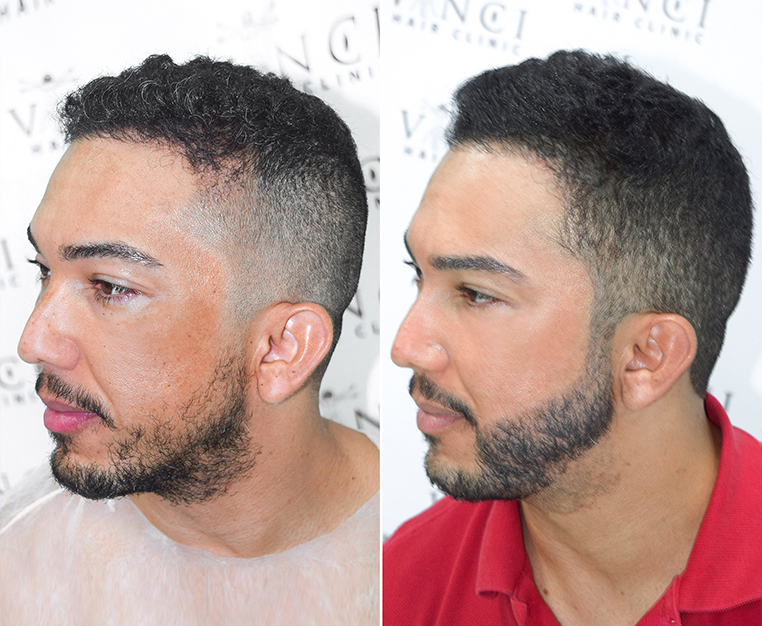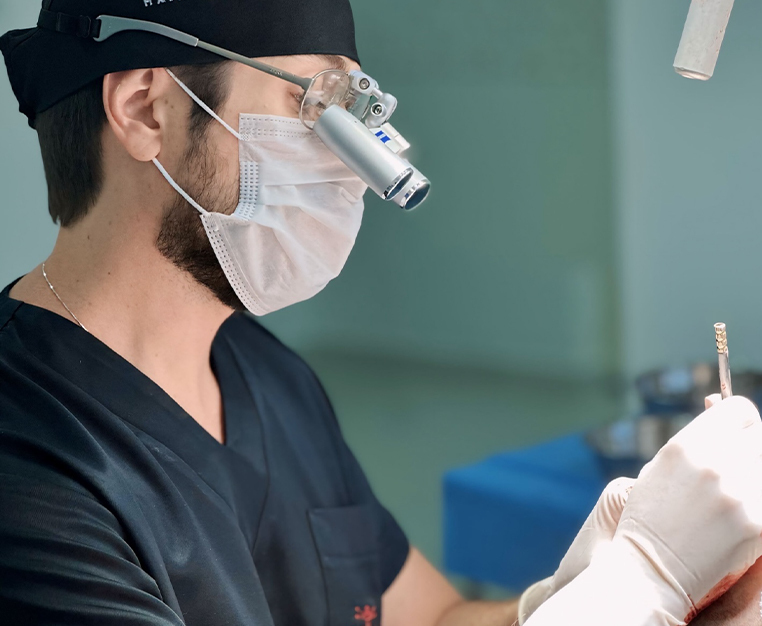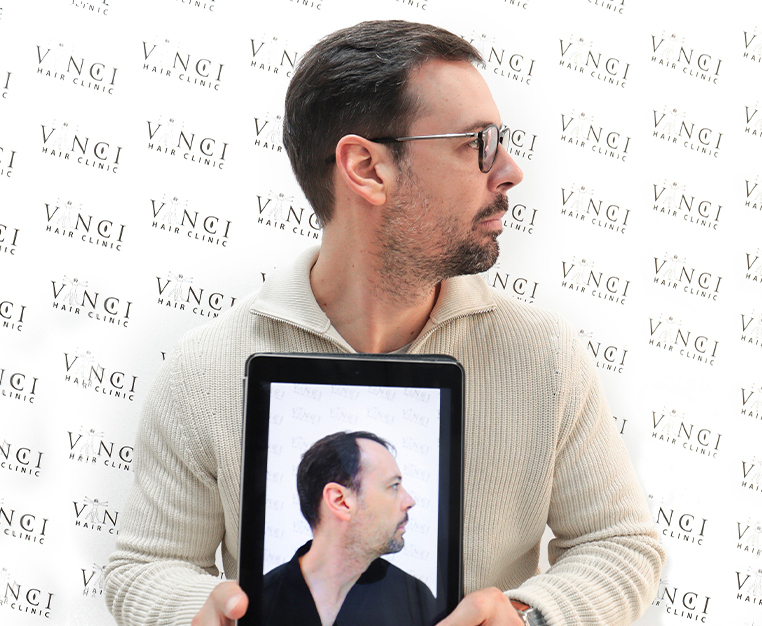Can you picture yourself without your luscious locks? Would you look unrecognisable? It’s undeniable that our hair is a fundamental part of our identity. Losing it can therefore make us feel uncomfortable, particularly as we get older.
As we age, our skin loses its vigour. Hair loss, at this stage, makes us appear even older. The good news here is that hair loss in the over-fifties is mostly treatable.
That’s because it’s often due to factors that include hormonal imbalances, harsh hair styling tools, stress and other environmental factors which add to the normal hair loss from ageing. Finding the exact cause of hair loss at this age can be challenging, but we have compiled a list of major causes that are common for this age group.
Inflammation
Inflammation is one of the body’s response mechanisms designed to protect us from diseases, infections, bacteria and viruses. Ben Behnam, MD, a medical director for a hair treatment brand, states that inflammation plays a major role in the development and health of hair follicles which are responsible for the health of each strand and their growth. Chronic inflammation, however, can lead to hair loss.
Scalp inflammation can be at the root of different hair diseases like alopecia areata, psoriasis, increased dandruff or flakiness and redness. Not everyone suffering from hair loss at this age will experience the same conditions and symptoms, but many report common symptoms including burning, hair loss and itchiness.
Scalp Inflammation Can Be Triggered by An Autoimmune Reaction
Cheryl Rosen, MD, a board-certified dermatologist, states that “This can happen in a number of autoimmune diseases like lupus erythematosus or alopecia areata, both of which can cause patchy hair loss.” Autoimmune reactions happen when the immune system harms healthy tissue by mistake, and this triggers inflammation that is detrimental to the health of your hair.
Alopecia areata recently became headline news following events at the Oscars, but the condition is quite rare (only 15 in 10,000 people in the UK are affected by it). Rosen states that medications, stress and infections can also lead to autoimmune reactions.
Dandruff, Psoriasis and Other Inflammatory Conditions
The American Academy of Dermatology Association (AADA) states that psoriasis is one of the main factors behind scaly patches, due to the harm that the immune system causes to the skin cells. Even though the condition develops on the knees, elbows and other body parts, the scalp is also commonly affected.
Failure to rinse hair products from the scalp, dry skin, or yeast-like fungus can quickly lead to increased dandruff. The scalp begins to flake from excessive dandruff, provoking scratching which leads to hair loss.
According to the International Journal of Trichology, around fifty per cent of adults are affected by this condition. Psoriasis and dandruff impact hair health by halting its growth and provoking itching of the scalp, causing you to pull your hair while scratching.
Treatment Depends On Your Specific Condition.
As with other medical conditions, inflammatory reactions are treatable; you don’t have to tolerate your scalp being in such a condition. According to Rosen, there are a number of treatments that include topical solutions, anti-inflammatory medications and light therapy. They can help you keep a healthy scalp and boost hair growth.
Behnam says that topical treatments are usually recommended to treat conditions like psoriasis. Steroids applied topically can alleviate its symptoms. For other conditions like dandruff, it’s recommended that you use an anti-dandruff shampoo that treats the inflammation. Meanwhile, alopecia areata can be treated with topical or injectable treatments which lower the inflammation and help in hair regrowth.
Rosen advises that “If you are suffering from hair loss due to inflammation, talk to your doctor about the best treatment option for you.” Consulting with doctors and hair experts can help you deal with hair loss even if you’re over fifty.
Final Thoughts
Hormonal changes and outside factors that encourage inflammatory reactions can damage your hair when you’re fifty and over. They’re linked to conditions like psoriasis and excessive dandruff. If you’re experiencing any symptoms like itching, flaking and redness on your scalp, you should consult with a doctor or hair expert.
At Vinci Hair Clinic, we specialise in helping clients, regardless of their age. Our hair restoration treatments are based on the principle of selecting treatments that are suitable for each individual client. We offer a free consultation to our new clients, so why not get in touch and book your appointment today!





